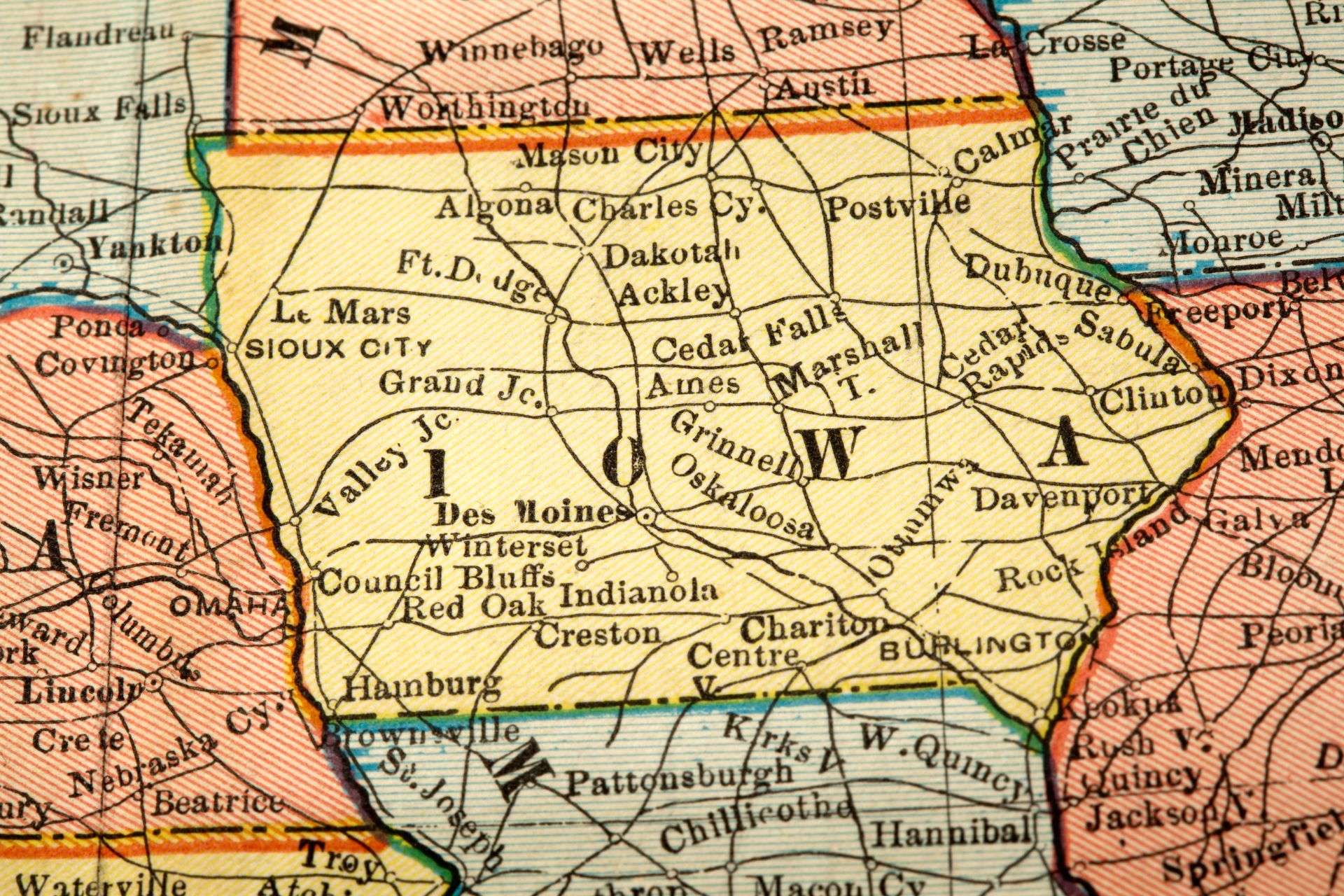Two different lawsuits argue that Iowa’s immigration law goes against federal immigration authority, and is thereby illegal. The Iowa law gives state officials the power to arrest and remove noncitizens who were previously deported or denied entry into the country on a legal basis. Similar to the Texas law, the question of whether the state government or the federal government has the authority to enforce immigration policy is at the heart of the debate.
The Iowa law, called Senate File 2340, is scheduled to go into effect July 1, 2024. The lawsuits brought by the U.S. Department of Justice and the American Civil Liberties Union (ACLU) argue that the Iowa law goes against the the supremacy clause in the U.S. Constitution and Congressional policy. The ACLU lawsuit also represents the American Immigration Council and the Iowa Migrant Movement for Justice (IMMJ), and two legal permanent U.S. residents Individuals who are members of IMMJ will be subject to removal if the Iowa immigration law goes into effect.
For individuals previously denied admission or deported from the U.S. the law considers entry or attempted entry into Iowa an aggravated misdemeanor. If an individual is found guilty of the crime, the individual must leave the U.S. The state will provide instructions on transportation to a U.S. port of entry and details of the law enforcement agency required to make sure the individual leaves the U.S.
One group claims the law doesn’t make exceptions for those who left the country but returned to the United States legally. This includes individuals with green cards or those seeking asylum, along with those who have protective visas. Furthermore, under the law, children are not excluded from prosecution, which could break up families and send individuals back to dangerous and violent countries.
The DOJ stated the U.S. Supreme Court’s decision in Arizona v. United States underscores why the Iowa law should not go into effect. In that decision, the Court stated that the federal government has broad power over U.S. immigration.
A similar law in Texas called S.B. 4 continues to be the subject of ongoing legal challenges. The Fifth Circuit court is currently reviewing the Texas law which would allow the state to arrest and deport those suspected of crossing the U.S. border illegally. The Iowa law similarly addresses the gap where the federal government is allegedly not doing enough to enforce immigration laws.
As always, we actively monitor ongoing U.S. immigration news. If you have questions about any U.S. immigration related issue, contact us. We work with our clients every step of the way.

